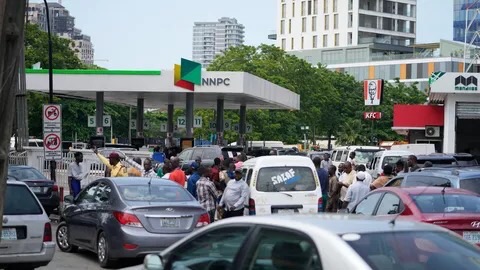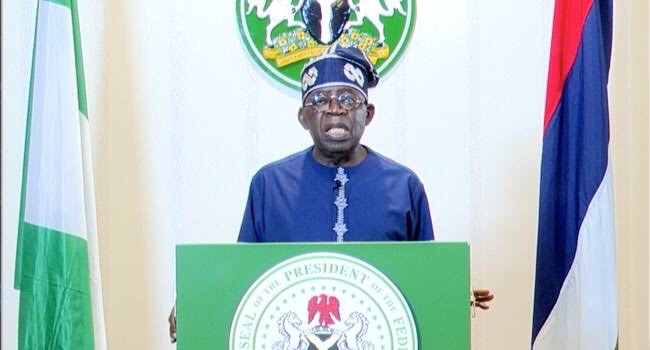Tinubu Reinstates Fuel Subsidy: What Nigerians Need to Know
In a significant policy shift, President Bola Tinubu has announced the reinstatement of fuel subsidies in Nigeria. This move comes after considerable debate and economic challenges following the subsidy removal earlier this year. Here’s what Nigerians need to know about this development:

Background on Fuel Subsidy Removal
In May 2023, President Tinubu’s administration ended the longstanding fuel subsidy program, a move intended to address the country’s fiscal challenges and stimulate economic reforms. However, the abrupt removal led to a surge in fuel prices, exacerbating inflation and impacting the daily lives of many Nigerians.
Why the Reinstatement?
Tinubu’s decision to reinstate the subsidy is largely driven by mounting public pressure and widespread economic discomfort. The sharp increase in fuel prices following the subsidy removal had a domino effect on the cost of living, affecting transportation costs and the prices of essential goods.
The administration’s reversal is aimed at mitigating these economic strains and stabilizing the market. By reinstating the subsidy, the government hopes to offer immediate relief to citizens and cushion the impact on vulnerable populations.

Key Details of the Reinstated Subsidy
- Scope and Coverage: The reinstated subsidy will cover petrol, which is the most commonly used fuel in Nigeria. The government plans to maintain a controlled price to avoid the volatility seen previously.
- Financial Implications: The cost of the subsidy will be financed through adjustments in the national budget. The administration is committed to ensuring that this does not lead to excessive deficits or further economic instability.
- Implementation Timeline: The subsidy is set to be reinstated immediately, with the government working to streamline the process to ensure effective distribution and minimize disruptions.
- Monitoring and Regulation: The government will enhance monitoring mechanisms to prevent corruption and misuse of the subsidy. Measures will be put in place to ensure that the benefits reach the intended recipients and that fuel prices remain stable.
Economic and Social Impact
The reinstatement of the subsidy is expected to ease the financial burden on Nigerians, particularly those in lower-income brackets who are disproportionately affected by high fuel prices. Additionally, it aims to provide short-term economic stability as the government continues to work on long-term economic reforms.
Future Prospects
While the reinstatement provides immediate relief, the government acknowledges the need for a sustainable and long-term solution to Nigeria’s fuel subsidy dilemma. Efforts are underway to explore alternative reforms that can balance fiscal responsibility with economic stability.
For continuous updates on this topic, stay tuned to our news platform.



